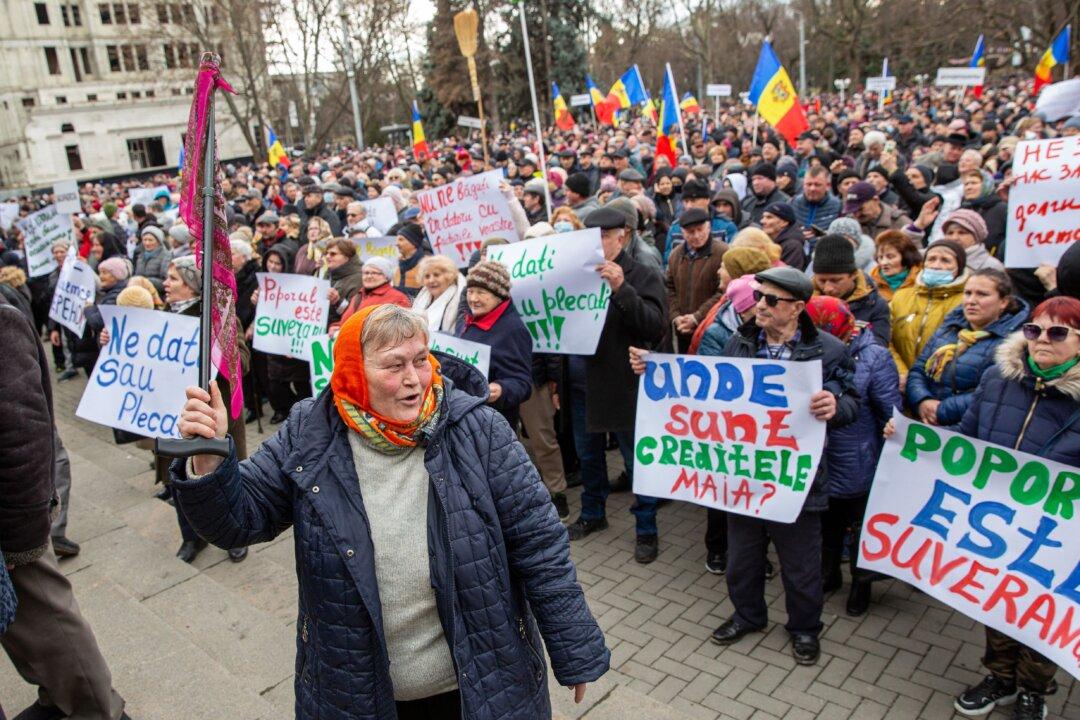Moldova’s semi-autonomous Gagauzia region last week confirmed the election of a pro-Russia leader who supports closer ties with Moscow.
“We want further friendship with the Russian Federation and friendship with other countries,” Evghenia Gutul told reporters after being elected as the region’s “bashkan,” or leader, on May 14.





